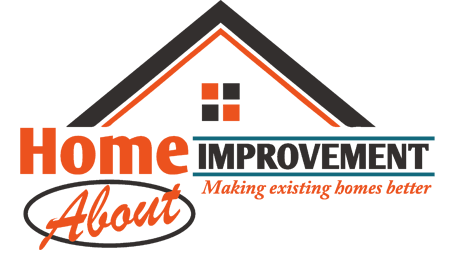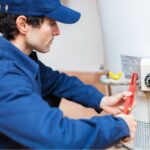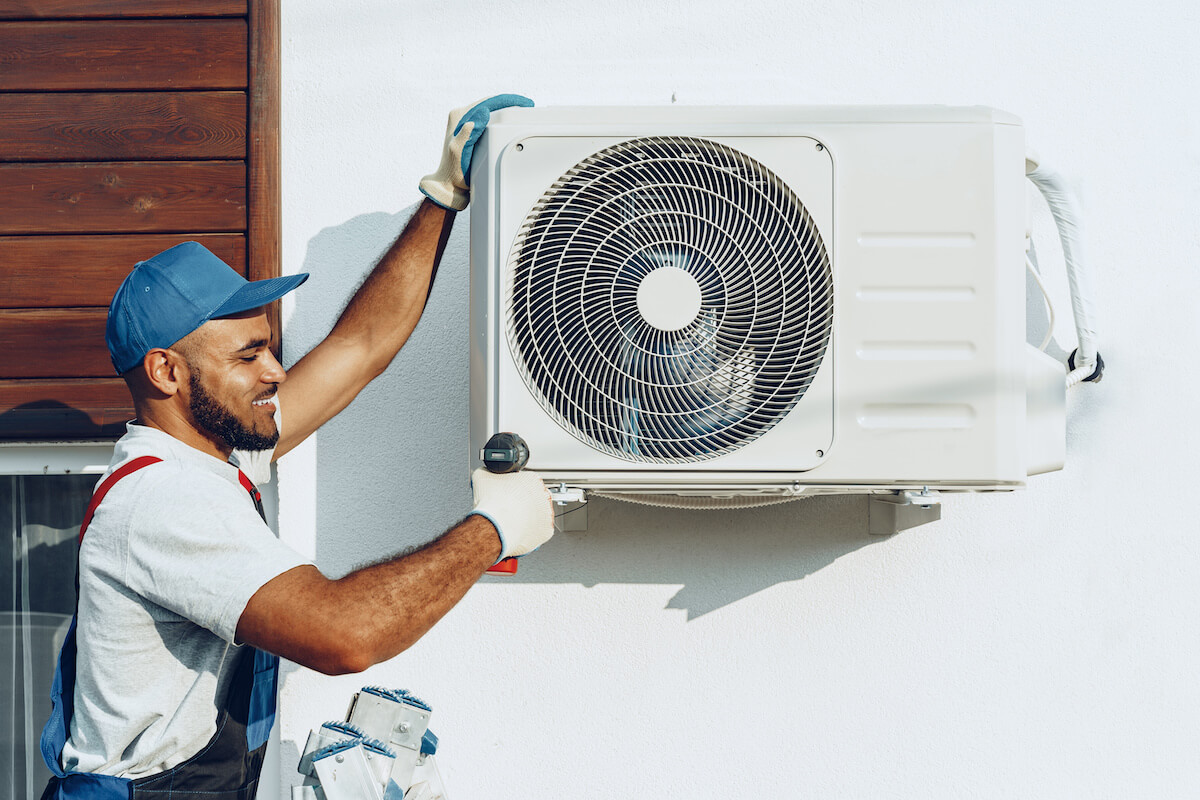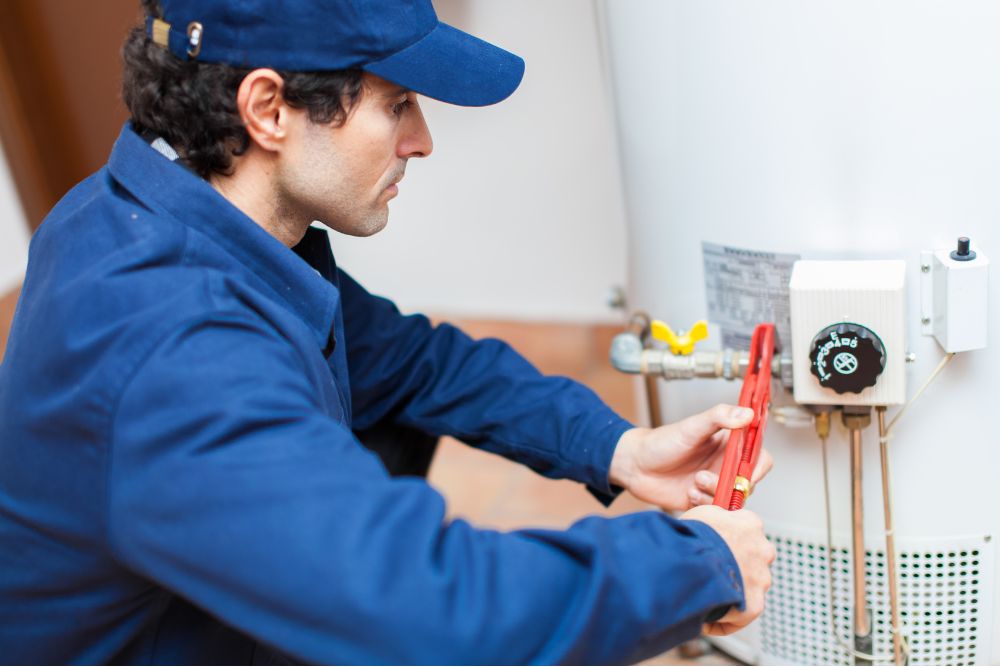Do you know what you’re breathing in at home? More importantly, are you aware of the influence your heating and cooling systems have on the quality of your indoor air? We tend to think of home as a safe, clean space, but in reality, the indoor air we breathe can be more polluted than the exterior. A significant culprit? Your home’s heating and cooling systems.
The interplay between your home’s heating, ventilation, and air conditioning (HVAC) systems and indoor air quality is intricate and often neglected. This blog post aims to demystify the impact of heating and cooling systems on the air you breathe indoors. We’ll delve into why it matters, how it happens, and what you can do about it. Are you ready to breathe easier at home?
Why should you pay attention to this matter?
More than ever before, we are conscious of what we’re putting into our bodies. We scrutinize our food labels, buy organic, and ensure we consume enough water. But, how often do we consider what we’re inhaling? The Environmental Protection Agency (EPA) reports that indoor air can be 2-5 times more polluted than outdoor air. Consequently, poor quality indoor air can potentially create health problems such as allergies, asthma, and other respiratory issues.
What contributes to poor indoor air quality?
There are several sources of indoor air pollution, like outdoor pollutants infiltrating in, chemicals released by cleaning products or building materials. The lesser-known factor is a poorly maintained HVAC system. These can circulate pollutants like dust, pollen, and mold spores, throughout your home. Overused air filters also fail to capture these particles further contaminating the indoor air.
How does your heating and cooling system play a role?
Your HVAC system is designed to control temperature and also to filter and circulate air in your home. A well-functioning system captures harmful particles from the air, keeping your indoor environment cleaner. However, systems in disrepair or poorly maintained ones can contribute to degraded air quality.
When should you be concerned?
Any time is a good time to pay attention to your indoor air quality. However, some signs indicate a pressing need. Witnessing an increase in allergies, frequent dust accumulation, or a musty smell in your home indicates that your HVAC system may be contributing to poor air quality.
Who can help?
HVAC professionals can diagnose systems for air quality issues, perform repairs and advise on preventive measures to ensure a healthier home. Don’t hesitate to reach out if you suspect issues.
What can you do to improve indoor air quality?
Regular maintenance is key. This includes routinely replacing air filters and ensuring your system’s components are clean. Maintaining humidity levels between 30-50% can prevent mold growth. Further, investing in a good quality air purifier, or UV germicidal lights may assist in further purifying indoor air.
Conclusion
Your home should be the healthiest space for you. Overlooking the crucial role that heating and cooling systems play in determining indoor air quality could jeopardize that. With knowledge of why poor air quality can be damaging, what contributes to it and how your HVAC system plays a critical role, you’re empowered to make necessary changes. Remember, the health of your home begins with the quality of your air. And ensuring clean, breathable air indoors is a home improvement investment worth making.
Explore the influence of your Heating and Cooling System on indoor air quality and learn practical steps to create a cleaner, healthier environment for you and your loved ones. Don’t miss out on the opportunity to transform the air you breathe at home!
Click here to dive into the world of improved indoor air quality!











